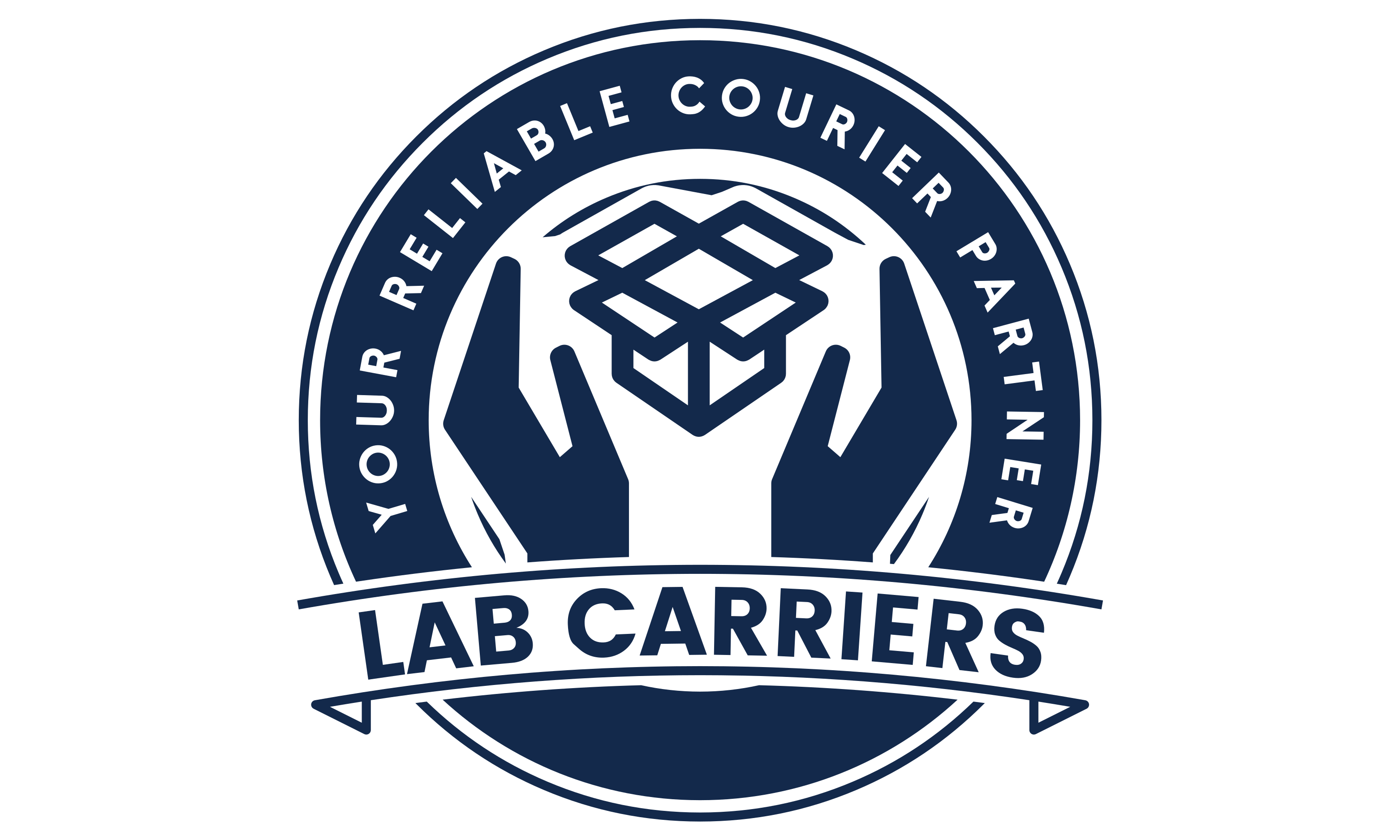Healthcare logistics, also known as healthcare supply chain management, is the process of planning, implementing, and controlling the flow of healthcare-related resources, materials, and information from the point of origin to the point of consumption. It plays a vital role in ensuring the efficient and effective delivery of healthcare services. Healthcare logistics encompasses a wide range of activities and considerations to support the healthcare industry, including hospitals, clinics, pharmacies, and other healthcare facilities. Here are key aspects of healthcare logistics:
- Supply Chain Management: Managing the supply chain in healthcare involves the procurement, storage, and distribution of various healthcare-related products, including medications, medical devices, consumables, and equipment. This ensures that healthcare facilities have access to the necessary supplies to provide care.
- Inventory Management: Effective inventory management is essential for reducing waste, controlling costs, and ensuring that supplies are available when needed. This includes tracking stock levels, reordering as necessary, and minimizing stockouts.
- Temperature-Sensitive Materials: Healthcare logistics often involves the transport and storage of temperature-sensitive materials such as vaccines, blood products, and medications that require specific temperature conditions. Maintaining proper temperature control is critical.
- Regulatory Compliance: The healthcare industry is highly regulated, and healthcare logistics must adhere to various regulations, including those related to patient privacy (e.g., HIPAA) and the handling of controlled substances.
- Transportation: Timely and secure transportation of medical supplies and equipment is crucial. This includes choosing the right transportation methods (e.g., refrigerated trucks for temperature-sensitive items) and ensuring timely delivery to healthcare facilities.
- Emergency Preparedness: Healthcare logistics must be well-prepared to handle emergencies and unexpected events, such as natural disasters or pandemics. Having contingency plans in place is critical to maintain the continuity of healthcare services.
- Pharmaceutical Distribution: Ensuring the safe and efficient distribution of pharmaceuticals, including controlled substances, from manufacturers to pharmacies and healthcare facilities is a key component of healthcare logistics.
- Information Management: Effective information management systems, including electronic health records (EHRs) and healthcare information systems, play a role in healthcare logistics. They help track patient information, treatment plans, and the flow of medical records.
- Patient Flow: Managing the flow of patients within a healthcare facility is another aspect of healthcare logistics. This includes appointment scheduling, patient registration, and managing patient wait times.
- Waste Management: Proper disposal of medical waste, including hazardous materials, is essential to prevent environmental contamination and ensure compliance with waste management regulations.
- Communication and Collaboration: Effective communication and collaboration with healthcare professionals, suppliers, logistics providers, and other stakeholders are essential to ensure the smooth operation of healthcare logistics.
- Cost Control: Healthcare logistics aims to optimize costs by minimizing waste, streamlining processes, and ensuring that resources are used efficiently.
Healthcare logistics professionals, including supply chain managers and logisticians, play a critical role in supporting healthcare facilities in their mission to provide quality care to patients. They must balance the needs of patients, the constraints of regulations, and the operational demands of the healthcare environment to ensure the timely and efficient delivery of healthcare services. At Lab Carriers, our team are trained to deliver with care and speed. Fast and reliable service is what we provide for all of our clients.
